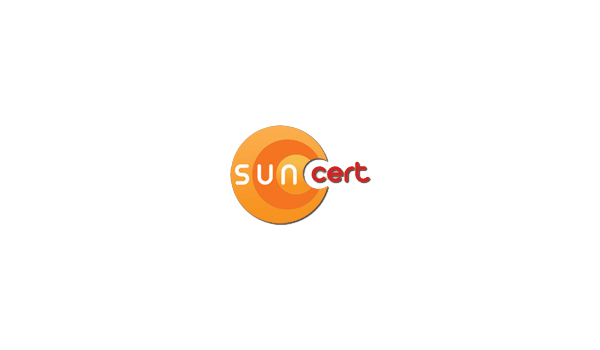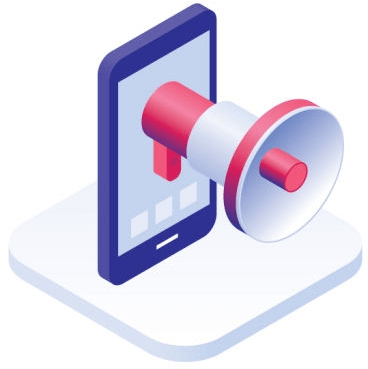Auditing of Management Systems
Management systems auditing is a process of assessing and verifying the effectiveness and compliance of a specific management system, such as ISO 9001 (Quality Management), ISO 14001 (Environmental Management) or ISO 45001 (Occupational Health and Safety Management).





